Until recently, the Canadian startup ecosystem quietly made its way on the global force with over 20 confirmed Canadian unicorns and more than thousand active startups in the tech space. As of 2025, Canada ranks 5th position in the Global Startup Ecosystem Index worldwide, with fintech, climate-tech, AI, and creator tools being the hottest sectors. Toronto, Vancouver, and Montreal are the primary hubs funding this growth.
Smaller than the U.S., Canada has its own unique advantage: things are comparatively cheap, there are great universities, and it offers access to the U.S. and international markets. Unlike in the U.S., Canadian unicorns usually scale globally from Day One and benefit from government support, R&D tax credits, as well as immigration-friendly policies that attract world-class talent.
In order to grow further, a lot of them decided to go public, which nets them capital at visibility expansion. This article focuses on Canadian unicorns that have stepped across public market shores, starting with Shopify and Nuvei, to name but a few.
Canadian Unicorns
Unicorns are crucial factors in each national startup ecosystem, driving innovation, attracting investment, and inspiring young founders to dare dream and do. But what the term “unicorns” mean, they are privately held startups valued at over $1 billion. Canadian firms such as 1Password, Dapper Labs, SSENSE span across industries from blockchain to fashion e-commerce. Their success marks a big step forward in technology transformation in the future.
1. Dapper Labs
Dapper Labs is a serious business of fun and games on the blockchain. Founded in 2018, the company pioneers in blockchain-based digital collectibles and NFTs (non-fungible tokens). It simply means that you have something like the rare card to prove your ownership. In this way, Dapper Labs creates block-chain-powered platforms and games focused on digital ownership, instead of physical possession.
Its flagship products include CryptoKitties, NBA Top Shot, NFL ALL DAY, Disney Pinnacle. Whether it’s a cat, a sports moment, or a Disney pin of characters, Dapper Labs stores it and you can buy, sell, or trade them freely.
The company doesn’t stop its journey by developing Flow blockchain, a fast, scalable, and developer-friendly blockchain designed for large-scale digital collectibles and apps. In 2025, Flow is experiencing an impressive growth in Q1, 2025. Dapper Labs is day-by-day solidifying its position in the field by expanding platforms, and strategic integrations.
2. 1Password
Security is a must. And 1Password is making it simpler. It provides a secure platform to store and manage passwords, online identities, credit card info, secure notes and more confidential things. The company supports all major platforms like Windows, macOS, Android, iOS, and browser extensions, making sure it reaches most of the customers.
1Password ensures users’ online security by offering end-to-end encryption, so only users can get access to their data. It’s all dedicated to user-centric solutions. The company also offers strong password generation to create unique, hard-to-guess passwords.
1Password stands out for its nonstop innovation. Products are continuously improved with Face ID support, and more useful integrations. Notably, in April 2025, it announced a next generation – Extended Access Management (XAM) which is powerful for organizations. You will have a 14-day trial before going for a subscription, but it’s worth paying for your security.
3. Hopper
If you’re struggling with your travel, from booking flights, seeking hotels, and much more. Hopper is one of the best companions that can help you with its technology. Its AI technology leverages data analytics and machine learning to help travelers save money and make smart booking decisions, whether it’s flight, hotel, car rental booking.
Specifically, you will get the app, accessible to both iOS and Android, which can predict the best times to book flights and hotels. The app also provides price tracking, push notifications, and a color-coded calendar to show optimal booking times. With Hopper, we believe your travel is no longer stressful or hassle, it’s relaxed without time and energy saved.
As reported in 2025, this online travel agency is targeting going public via an IPO and achieving a $10 billion valuation. This move will definitely help Hopper attract more significant investors and gain visibility in the field.
4. SSENSE
SSENSE is a Canadian multi-brand luxury fashion and high-end streetwear retailer. Headquartered in Montreal, it now operates globally, delivering to 114 countries with websites in multiple languages. This comprehensive touch brings SSENSE closer to global customers.
It sells curated collections of luxury, streetwear, and avant-garde fashion from diverse brands like Versace, Valentino, Vans and many more. But it goes more than simply selling clothes, SSENSE combines e-commerce with an editorial platform featuring creative content on fashion, art,… to build brand identity.
SSENSE also brings technology into its operation, using data analytics and machine learning to personalize shopping experiences and catch up with trends, rather than depending on traditional buyers.
5. PointClickCare
PointClickCare is a leading cloud-based healthcare software provider that revolutionize healthcare management and delivery for better outcomes and efficiency. Until now, it serves over 27.000 care providers, 3.600 ambulatory clinics, 2.800 hospitals and multiple government agencies.
Its comprehensive SaaS platform specializes in electronic health records, care delivery management, financial management, compliance, and business intelligence. With these deep expertise, PointClickCare is confident to help your team automate administrative tasks, saving time to truly focus on patients.
With strategic and notable partnerships during its operation, such as Pfizer, Carequality, Apploi, the platform has been improved on a daily basis, addressing more challenges and diversifying its portfolio.
6. Blockstream
Blockstream is a blockchain technology company that focuses on building Bitcoin-based financial infrastructure. It not only builds crypto-financial systems but also builds market efficiency with less reliance on trust.
Its portfolio covers a wide range of products with different goals. For example, its AQUA Wallet helps users manage their bitcoin and liquid assets easily with buying and selling. Its Blockstream Satellite broadcasts the blockchain worldwide to provide access even in poor internet connectivity areas.
Beyond its innovation in its expertise, Blockstream shares key strategic vision “The Future of Finance Runs on Bitcoin”, focusing on consumer, enterprise and institutional adoption. This vision directs and positions the company’s road to global presence.
7. ApplyBoard
Your education will definitely go easier with the help of ApplyBoard. With the mantra of “Your Future Goes Beyond Borders”, the platform connects international students with colleges, universities, and K-12 schools. By doing this, the application process is no longer stressful and heavy.
If you still wonder about which programs, its AI student-advising chatbot will help you to match with suitable programs based on academic background, preferences, and financial situation. Students are also allowed to apply to multiple programs and schools through a single application.
ApplyBoard stands out for its claim of 95% of successful acceptance rates. And interestingly, every student can go for ApplyBoard for free, it’s a great opportunity to study abroad. In the future, ApplyBoard hopes to expand partnerships with more academic institutions at a global scale, thus, students can reach their dreams.
8. Wealthsimple
Wealthsimple is helping people of all ages and backgrounds achieve financial freedom. The company provides online investment management and financial services for everyday investors. Its products cover different aspects including Wealthsimple Invest, Wealthsimple Trade, Wealthsimple Save, and much more.
Wealthsimple combines technology and human expertise to deliver simple, and affordable financial tools. It’s accessible for most of us, especially millennials and young investors, by offering low-cost services.
It continuously expands products and services with AI integrations and innovative marketing, making things simpler and more human with emotional connection rather than technical jargon.
9. Clearco
Clearco, formerly Clearbanc, is a fintech company founded in 2015 in Toronto. It specializes in providing fast and flexible funding to online businesses, especially e-commerce, mobile app, and SaaS founders globally. The company is known for its quick process, using technology and data to make funding decisions often within only 24 to 48 hours.
The process for businesses is not complicated at all. You only need to apply online with the platform, then wait for their assessment. Repayment is also very easy, which is adjusted automatically regarding your business performance.
What makes Clearco differentiate itself from other competitors is its no equity dilution. Founders are allowed to keep full ownership and control of their companies, unlike traditional venture capital that requires you to give up shares. Clearco removes many barriers for founders who want to build businesses without too much stress.
10. Trulioo
Trulioo is a Canadian technology company that specializes in global identity verification for both individuals and businesses. The company helps organizations verify the identities of over 5 billion people and 700 million business entities across the globe.
Basically, the company provides a single, unified platform called GlobalGateway that connects to hundreds of data sources worldwide, including government records, credit bureaus, and social media. This vast amount of data allows businesses to verify customers anywhere.
In June 2025, Trulioo is honored to be named in the 2025 Liminal “Link Index: Business and Entity Verification” (BEV) as a Leading Vendor. This recognizes its strong leadership position and as a motivation for innovation ahead.
11. Clio
Clio changes how legal personnel work by increasing efficiency, organization, and client orientation in law firms. It was among the first to introduce cloud-based solutions to the legal trade. Over 150,000 lawyers across more than 130 countries work with Clio today.
The platform offered by Clio allows law firms to use a single interface to administer everything that requires their attention-from intake to case management, billing, and document storage. Academically, it is integrated with more than 280 tools while internally it includes time tracking, trust accounting, and even auto-generated reminders. It is designed to take away administrative tasks from lawyers so that they can spend more time with their clients.
Clio represents more than just software innovation for the future of legal practice. The Legal Trends Report shares knowledge with the industry, while the annual Clio Cloud Conference galvanizes the global legal tech community. Thanks to a flexible SaaS model, global presence, and affinity from Bar associations, Clio continues innovating legal practice.
12. Cohere
Businesses use Cohere to wield powerful language AI to be efficient and work at swift speed. Its core mission revolves around the development of large language models for enterprise use, enhancing the usefulness of AI while keeping it secure and accessible.
Cohere’s platform supports various business tool options, ranging from AI assistants, smart search, multilingual chat, document analysis, etc. Cohere’s model families, such as Command and North, were built for flexibility.
The company pushes forward for responsible AI with its nonprofit, Cohere For AI, working alongside partners such as Oracle and McKinsey. As practical solutions for AI are becoming more sought-after, Cohere is getting spotlighted for its strong tech combined with a thoughtful approach for business.
13. Ada
Customer service and support can’t ask for simpler solutions with Ada. The company specializes in AI-powered customer service automation, especially conversational AI. It significantly helps enterprises to automate and improve customer support interactions across multiple channels and languages.
This conversational AI platform is designed to support over 50 languages, whether you’re using chat, voice, or email. Companies are enabled to answer common questions 24/7, and resolve complex inquiries. But it doesn’t mean people are replaced, instead, the platform will escalate to human agents when needed.
For better products, Ada uses a combination of proprietary AI models to power its agent, ensuring it feels human when interacting with customers. Thus, Ada is improving experiences for both customers and support teams.
14. eSentire
eSentire has been on offer for remote 24/7 cybersecurity for organizations subject to the threats of today. It is currently becoming a Dedicated Managed Detection and Response platform, having secured over 2,000 companies in more than 80 countries. Its ambition is clear yet urgent: stop threats before they can disrupt business.
The organization is combining AI detection with expertized threat hunters and analysts for real-time response 24/7 features including MDR and XDR along with continuous threat exposure management and incident response services. eSentire slants well into the existing security stack, making it a forceful alternative for any business that lacks its own teams.
In March 2025, eSentire established a strategic partnership with Qylis – an innovator in data, AI and cybersecurity – to provide compliant cybersecurity solutions in India, thereby increasing its global influence and regulatory alignment.
15. Xanadu
Xanadu, a quantum computing company based in Toronto and started in 2016, is building some of the world’s most complex photonic quantum computers – machines that use photons to process information. Its mission, both great and clear, is to put useful, fault-tolerant quantum computers in every user’s hands.
The full-stack approach is what differentiates Xanadu; in other words, it builds everything from chips to the cloud platform on which users can run real quantum programs. Its open-source software library PennyLane is widely used by researchers in the quantum machine learning space.
Pushing boundaries is what Xanadu does, but this company also helps to establish them. Some of the most forward technologies, open software, and international collaboration put Canada right at the forefront of unlocking the real potential of quantum computing.
16. Tenstorrent
Based in Toronto, Tenstorrent is a technology powerhouse building next-generation processors explicitly for AI and deep learning. It makes powerful chips to optimize computers for the training and running of more complex AI models in data centers or within smart devices.
What differentiates Tenstorrent is its combination of custom chip design, specifically its Tensix cores, with open-source software and the RISC-V architecture that allows developers all over the world more control and performance than traditional alternatives. It’s the very principle of making AI more scalable, flexible, and accessible.
With significant capital funding and plans for a global push, Tenstorrent is in the business of selling its hardware and software and licensing its technology to third parties. It’s pushing the heaviest hitters in AI chips to bring smarter, faster tools for the industry to build the AI of tomorrow.
17. Freshbooks
FreshBooks offers a simple accounting solution that caters to small businesses, freelancers, and self-employed professionals. It helps users save time and get organized with tools for invoicing, expense tracking, time logs, payments, and project management.
The platform is most admired for its clean design, mobile-friendly experience, and accessibility to non-accountants. Among the automated features it offers are AI-powered invoicing and smart expense tracking. In 2020, the company acquired Mexican startup Facturama, to enter Latin America, marking an important milestone in the global expansion of FreshBooks.
Working on a subscription basis, FreshBooks reinvests in product improvements with an emphasis on customer feedback. Making what once was complex financial work into a pleasant experience allows small business owners to focus less on paperwork and more on running and growing their businesses.
18. Assent
Located in Ottawa, Assent is helping global manufacturers build more ethical and sustainable supply chains. It was established in 2010 to support aerospace, electronics, and medical-device industries with multiple tools to manage risks such as forced labor, use of hazardous substances, and non-compliance with regulations.
Using its cloud platform, Assent enhances the supply chain data-gathering process, automates supplier engagement, and updates companies on ever-changing legislation like REACH, RoHS, and ESG standards. Assent takes its clients beyond basic compliance through advisory services and audits.
Assent makes complex compliance requirements easily grasped by cutting through legalese to create simple, actionable insights companies can use to preserve their brands and avoid crippling fines while becoming the world’s leaders in sustainability and responsible sourcing.
19. LayerZero Labs
LayerZero Labs is a Canadian tech company based in Vancouver that’s making it easier for different blockchains to work together. It was founded in 2021 and quickly gained attention for its innovative approach, reaching a $3 billion valuation in just a couple of years. With backing from big-name investors, it’s become one of Canada’s most talked-about players in the blockchain space.
At its core, LayerZero builds tools that help apps and services share data and digital assets across different blockchains. This means smoother experiences for people using crypto apps, things just work, no matter what network they’re on.
LayerZero is helping build a more open and connected internet for the future. It’s already supporting hundreds of networks and thousands of apps around the world. As more people look for simpler, safer ways to use blockchain technology, LayerZero is right there leading the charge from Canada.
20. The Sandbox
The Sandbox is a decentralized 3D metaverse where users are capable of creating, owning, and monetizing their virtual experiences. As a company under Animoca Brands, The Sandbox combines gaming, NFTs, and cryptocurrency, with its native SAND token powering all in-world transactions and governance.
In this world, players can purchase some virtual land (LAND) to build no-code games with the Game Maker and design digital assets with VoxEdit. The platform features an internal marketplace for trading NFTs, while some notable brands such as Snoop Dogg, Gucci, and Warner Music have entered the fold to give it a more mainstream vibe.
Backed by millions of users and over $90 million in funding, the Sandbox is one of the most famous Web3 gaming platforms. They empower creators, promote ownership, and change how we build, interact, and earn in virtual environments, bringing itself to the forefront of the emerging metaverse economy.
21. Neo Financial
Being a Canadian fintech company based in Calgary, Neo Financial is reimagining the banking idea, nurturing and growing with the SkipTheDish founders from its birth in 2019. Today, it boasts over 750 employees and more than 1.3 million customers across Canada.
What sets Neo Financial apart is an unparalleled feeling of simplicity and modernity. Everything goes down digital-first: credit cards, savings accounts, investing – everything along with app-based management, no hidden fees, and some serious cashback rewards.
Neo Financial brings the perfect combo of smart tech, lucrative rewards, and true customer care, and is now giving the big banks a run for their money. Backed with massive funding and a truly nationwide name, it rapidly became one of Canada’s top picks for everyday banking.
22. Nexii
Nexii is a Canadian construction tech company taking on one of the world’s greatest challenges: sustainable building. Nexii very fast became a unicorn after rethinking the ways in which commercial buildings are designed and built.
The buildings end up being assembled on-site five times faster, and with just a quarter of the usual emissions levels, thereby greatly reducing onsite waste. Having currently served big-name clients such as Starbucks and McDonald’s, Nexii hones in on energy efficiency, durability, and cost savings, helping its clients rip away from their sustainability targets without compromising on performance.
Nexii went through financial restructuring with a great refocus on efficiency and scale in 2024. Now from its Squamish operations, the company continues to build toward a greener construction future, supporting net zero through proven technology and renewed resolve.
Canadian Unicorns That Became Public Companies
Canada has spawned several startups that passed the unicorn stage only to enter the stock market to procure firmer capital and create further advances. The companies are spread across e-commerce, fintech, publication, biotech, and edtech. Below are some of the most celebrated public Canadian unicorns, drawing most attention to Shopify and Nuvei.
1. Shopify
Shopify, is one the world’s leading commerce platforms that enables retailers, entrepreneurs, and even global brands to build both online and offline stores. Each of key features are making the whole process easier, including building customizable content themes, secure payments, effective marketing, and more.
The company went public in May 2015, listed on both New York Stock Exchange (NYSE) and the Toronto Stock Exchange (TSX). After going public, Shopify went through a significant growth of market cap, from ~$1.5 B in 2015 to >$200 B by 2021. This is thanks to the booming of e-commerce in the last few years.
This giant player doesn’t want to stop there, it continuously integrates AI and machine learning to enhance the services. As of now, Shopify powers around 5 million stores worldwide for small entrepreneurs to global brands.
2. Lightspeed
Lightspeed provides cloud-based POS (point of sale) and e-commerce software solutions for retail, hospitality, and golf industries. A unified commerce platform is used for managing sales, inventory, customer engagement, and payments, making it super effective to control everything just in one place.
Helping small and medium sized businesses, with the aim to help these enterprises grow faster, Lightspeed combines cloud technology with AI-driven analytics to make the products more useful but still easy-to-use.
Under the ticker LSPD, the company went public on the TSX in March 2019, this IPO marked Quebec’s first unicorn public listing. Then, in 2023, it was expanded to list on the NYSE in 2023. These moves for public listing provided capital for the company to strengthen financial position and pursue growth strategies.
3. Kinaxis
As a provider of cloud-based supply chain management and sales and operations planning software, Kinaxis had evolved through several name changes before becoming the current one in 2005.
Its flagship cloud platform for supply chain management is RapidResponse, with end-to-end visibility and real-time decision making. Supporting industries such as aerospace, automotive, consumer products, high-tech, and more, the company also provides AI-infused features which makes things easier to do.
The company decided to go public in 2014 under the ticker KSX. The 2014 IPO was a pivotal milestone, providing Kinaxis with capital to grow and increase market visibility and credibility.
4. D2L (Desire2Learn)
D2L makes every desire to learn more accessible for everyone. D2L is a global educational technology company, making software called Brightspace that helps teaching and learning online for all levels: schools, universities, and companies.
Learning processes are powered by courses, tests, and materials, all on computers and mobile devices, making it very easy for students and those who are busy with tight schedules to be flexible. There are also smart tools with AI to personalize learning and grading, you will be taken care of dedicatedly.
D2L went public on the Toronto Stock Exchange in November 2021 under the ticker DTOL. The IPO gave D2L money to improve their software faster and grow internationally. Since going public, D2L has added more AI features and bought companies to offer better tools.
5. Nuvei
Nuvei, an international fintech company providing the technology that enables businesses to accept payments online, on-premises, and on the go is how Nuvei is described. Nuvei assists 50,000 merchants across nearly 200 markets and industries with various payment methods, currencies, and complementary platforms for fraud prevention.
Innovation and acquisitions of companies like SafeCharge and Smart2Pay have driven growth. Nuvei went public in 2020 on the TSX, raising IPO proceeds of $700 million, which set a record for the largest tech IPO ever in Canada up to that time. Nuvei proceeded to build presence worldwide, deepen technology investments, and enhance relationships with large clients.
Today, since rapid, secure, and flexible payment solutions are at the core of Nuvei services, they can position themselves as one of the biggest digital commerce partners worldwide-a testimony of how a Canadian parent company can in fact stand tall in the fast-paced global payments industry.
6. Thinkific
Thinkific is housed in Vancouver and helps people and businesses build and deliver courses over the Internet. Thinkific started as an easy way to share knowledge and has grown into a platform used by more than 35,000 creators, including solo entrepreneurs and global brands like Fiverr and Hootsuite.
Going public on the Toronto Stock Exchange was a pivotal moment for Thinkific, scaling it up like never before. Ever since the IPO, it has gone global with the rollout of AI-powered course creation tools and a rebrand sharp enough to match that growing influence. Today, Thinkific also helps businesses ramp revenues and engage customers through their educational offerings.
Thinkific essentially turns expertise into an opportunity. It makes online learning easy, accessible, and scalable, riding the wave with creators and learners worldwide. With the rising demand for digital education, Thinkific keeps evolving to stay ahead.
7. AbCellera
AbCellera is a Canadian organization that uses AI-based processes and high-level biology for the discovery of antibody-based medicines. The company gained worldwide recognition during the pandemic for the development of COVID-19 antibody treatments with Eli Lilly and has since carried out more than a hundred drug programs with other partners like Pfizer and Moderna.
After going public on the Nasdaq in December 2020 under the ticker ABCL, AbCellera invested in a drug pipeline of its own and opened a manufacturing facility that would sustain clinical development. The proceeds from the IPO continued to enable the company to expand the scope of its development programs and give greater focus to the longer-term programs addressing cancer, autoimmune diseases, and other conditions.
AbCellera today works at the intersection of AI-engineering-and-immunology for rapid drug discovery, making it one of the global biotech key players and charger for life sciences innovation in Canada.
Conclusion
The Canadian tech scene is now a world innovation center, with unicorns in Canada making great strides in fintech, AI, biotech, and more. Several of these companies, such as Shopify, Nuvei, and AbCellera, have been converted from private startups into legitimate public companies that leveraged IPOs for further scaling, investing in R&D, and global expansion. Their stories offer a testimony of emerging Canadian startups becoming full-fledged businesses choosing to compete on the global stage.
This article keeps being refreshed to remain abreast of the latest happenings within Canada’s unicorn landscape, including future funding, IPO activity, and noteworthy exits. More Canadian unicorns will soon mature and take ship in the public markets.
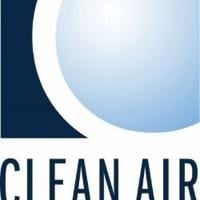
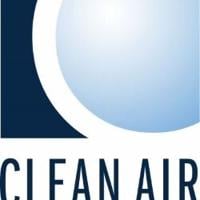


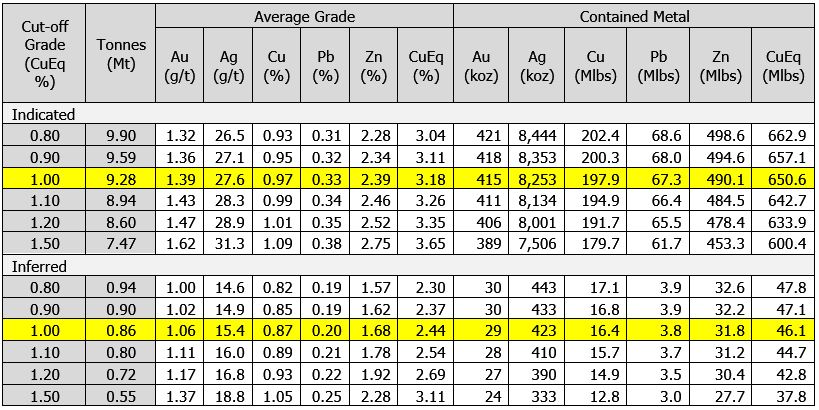
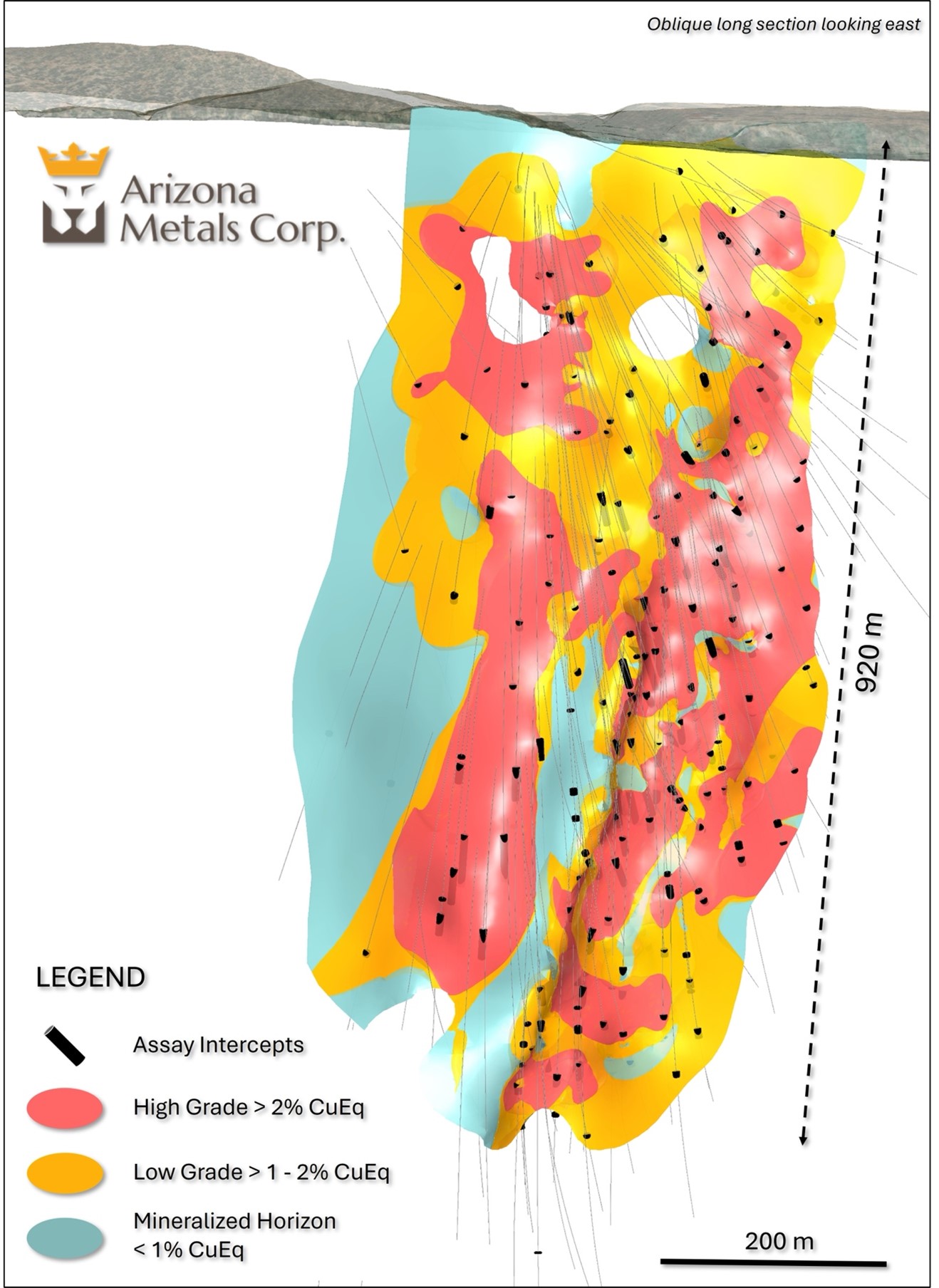
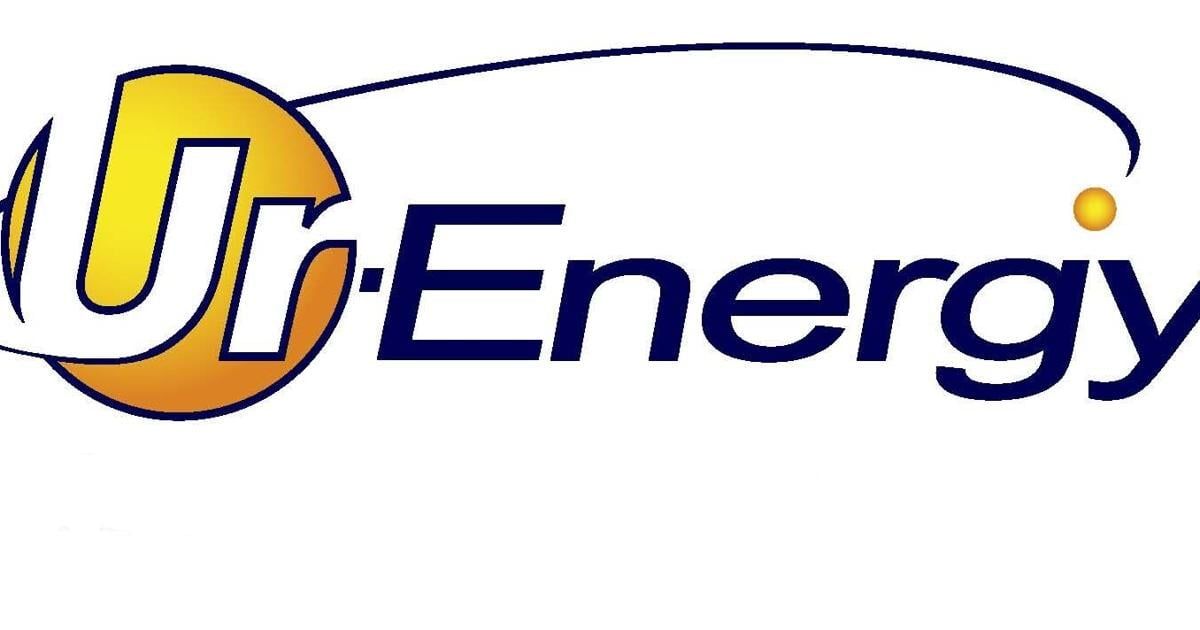
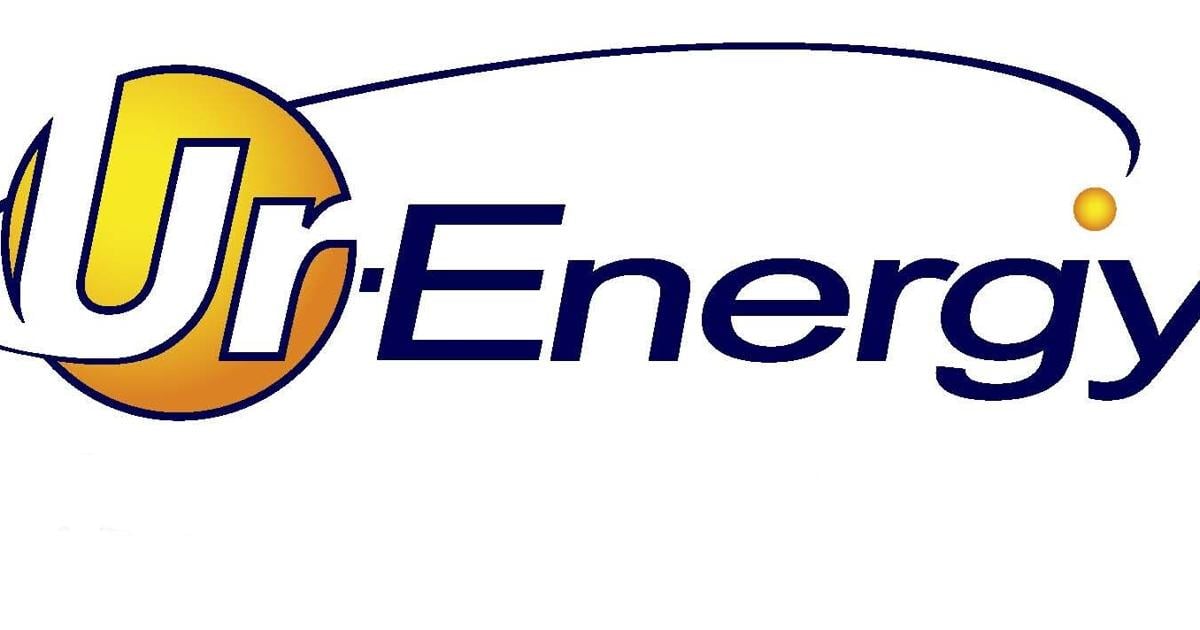



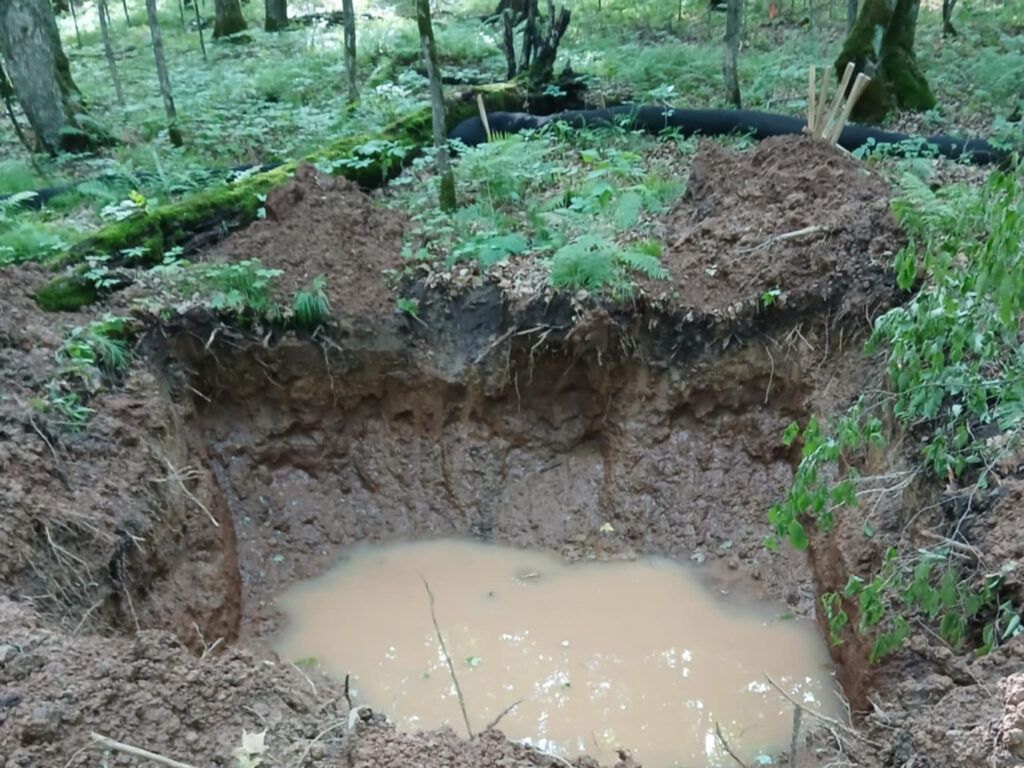
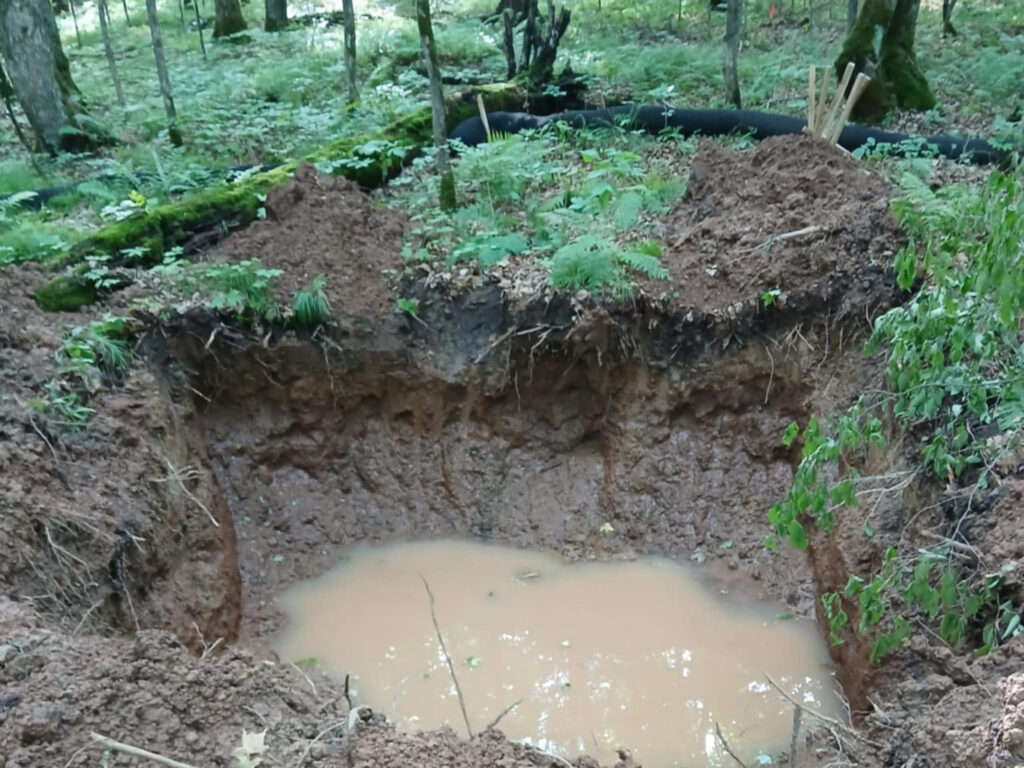
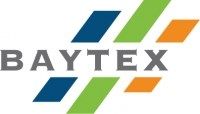
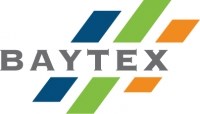






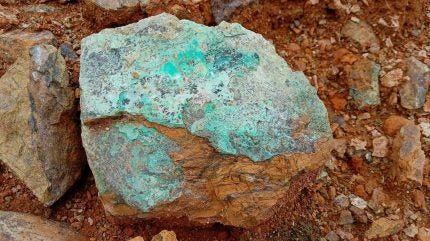
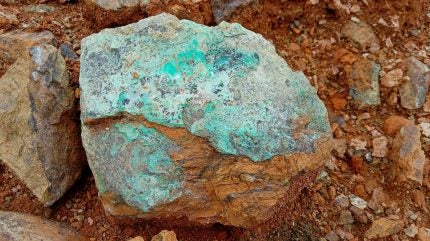



Comments